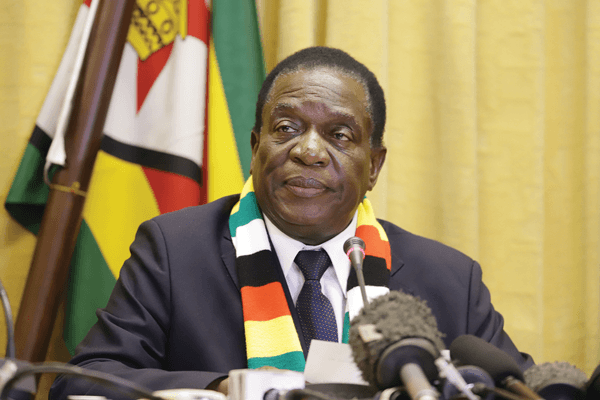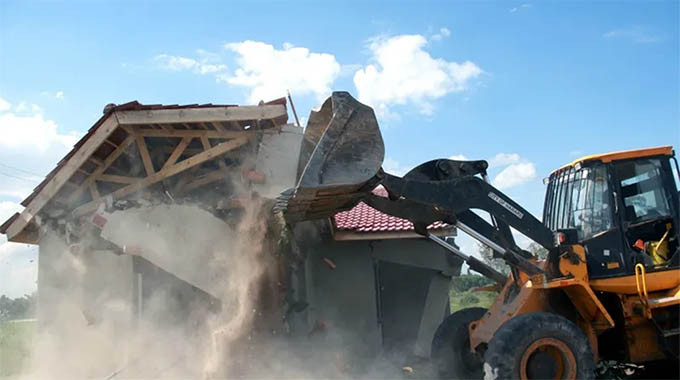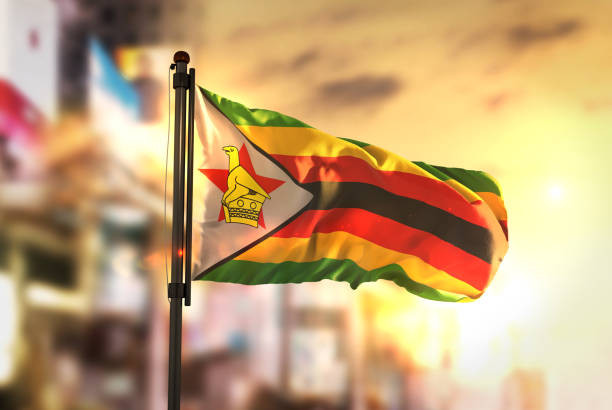
By SHAME MAKOSHORI
PRESIDENT Emmerson Mnangagwa’s administration is moving to bolster the National Development Strategy (NDS1)’s impetus by tying down key State executives driving the five-year economic plan to performance-based contracts.
Launched in November, the hyped NDS1 has held Zimbabwe spellbound, with a string of promises to improve the quality of live and scaling up efforts to rebuild the ruined economy during its tenure to 2025.
The plan targets to notch up sustained 5% gross domestic product growth rates during the period, create 760 000 new jobs, while tying down annual inflation to single digit ranges to galvanise the country’s volatile currency.
Zimbabwe also hopes to rebuild its decaying infrastructure during the period and stimulate economic activity through substantial amounts to be pumped in road, dam construction, airport refurbishments and hospital and schools facelifts, among many key projects that have been lined up.
As such, NDS1 holds key not only to the attainment of Mnangagwa’s Vision 2030 strategy to transform the country into an upper middle income economy the next decade, but potentially to how Zimbabweans will vote in the coming elections.
Innocent Madziwa, the deputy director Finance ministry responsible for economic planning and modelling, revealed on Monday that for the first time after a string of failed blueprints released over many years, permanent secretaries and chief executives running Zimbabwe’s 107 mostly insolvent State-owned enterprises would have been asked to ink contracts linked to a blueprint.
The contracts were signed last Friday.
- Chamisa under fire over US$120K donation
- Mavhunga puts DeMbare into Chibuku quarterfinals
- Pension funds bet on Cabora Bassa oilfields
- Councils defy govt fire tender directive
Keep Reading
Government is battling to reverse a string of drawbacks and damage to the economy inflicted by NDS1’s predecessor, the Transitional Stabilisation Programme (TSP), which was launched in October 2018 to cool down a rage of volatilities left by the late former president Robert Mugabe when he was deposed through a coup in November 2017.
The TSP precipitated a wave of price hikes once fuel and power prices were liberalised, with inflation rocketing beyond 800% around August this year, before dropping to 401% in November.
The rate was within the single digit ranges when the TSP was rolled out and still remains the world’s second highest troubled country after Venezuela.
But for a country that saw the rate rocketing to 500 billion percent in 2008, this may not worry authorities much.
Yet the consequences have been dire.
When government decided to return the Zimbabwe dollar as the medium of exchange in June 2019 but kept a lid on the exchange rate, a currency black market flourished.
It sucked all foreign currency from the official market, forcing every facet of society to depend on the expensively priced parallel market and prices skyrocketed while shortages of vital supplies, including medicine and food became commonplace.
Through its infamous austerity measures, the TSP was used as a tool to force people to pay a 2% intermediated tax on electronic transactions, which is still draining millions from a struggling population.
The government claimed TSP helped it turn a surplus for many months, but still, there is nothing to show that State finances have improved.
The stability is only seen on paper by the government mandarins doing the number crunching.
This could be why Mnangagwa wants to monitor future blueprints at each and every level of implementation and hold those that have been given stewardship to account.
It may be the right way to go, as this gives government time to make corrections before its executives drift too far astray.
Anyway Mutambudzi, an academic and director of media services in the Information ministry, said government felt this was the way to go.
“If you don’t deliver, you should be relieved of your duties,” he told a meeting of business editors. “You should be fired.”
While the editors were being told about the salient futures of NDS1 in Gweru, Finance minister Mthuli Ncube was in Harare taking provincial ministers through an identical exercise.
The plan is to bring them up to speed with developments in central government, and help them come up with their own work plans that fit into what fellow members of the Executive are envisaging.
State firms have already been directed to take this path, according to Madziva, the government economist.
“All parastatals have been asked to link their projects to NDS1,” Madziva told editors.
“We have also received a number of requests from private companies. They want to link their strategies to NDS1.”
One of the biggest worries in government today is the way the media will present NDS1 to the world.
The regime in Harare showed at its meeting with editors that it may be forced to tolerate criticism, especially from a probing private Press, but clearly, frank talk raises its ire.
Information minister Monica Mutsvangwa wants the media to follow the flag.
“Journalists (should) see nothing wrong with rallying behind their country. This happens across the world on matters of national importance. But again, journalists have a duty to give a correct view of developments in their countries,” she told the editors.
“The media has been called the fourth estate. This is because of the important role it has assumed in Statecraft and nation building. We are obliged as government working with the media to ensure that the nation moves together in unison as one entity such that at the end of the day, everyone plays their role in ensuring that this national goal is achieved.”











